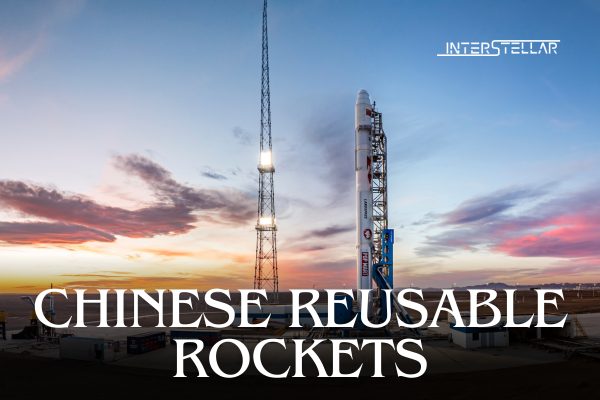Landspace Secures $123 Million for Reusable Launch Development
Chinese launch startup Landspace has received a significant boost with funding from a state-backed initiative. The company secured 900 million yuan ($123 million) from China’s National Manufacturing Transformation and Upgrading Fund, as reported by Chinese media on December 25. This investment will propel the development of reusable methane-liquid oxygen launch vehicles under its Zhuque series.
Advancements in Zhuque Rockets
Landspace recently achieved notable milestones in its rocket development program. In November, the company successfully launched its enhanced Zhuque-2 rocket, which can deliver up to 4,000 kilograms to a 500-kilometer sun-synchronous orbit. Earlier in September, it conducted a vertical takeoff and landing test of its larger Zhuque-3 launcher at Jiuquan spaceport.
The Zhuque-3 rocket is central to Landspace’s reusable launch ambitions. It is designed to be 76.6 metres long with a 4.5-metre diameter. The rocket will offer various payload capacities to low Earth orbit (LEO), including 21,000 kilograms in expendable mode, 18,300 kilograms with first-stage downrange recovery, and 12,500 kilograms with first-stage return to the launch site.
Landspace plans the first orbital launch of Zhuque-3 in 2025, followed by first-stage recovery and reuse in 2026. This reusable medium-lift rocket will enhance China’s launch capabilities and support the deployment of megaconstellations.
State Funding to Boost Chinese Space Sector
The National Manufacturing Transformation and Upgrading Fund, established in 2019 with a registered capital of 147.2 billion yuan ($20.95 billion), aims to invest in strategic sectors like advanced materials and next-generation technologies. The fund’s backing highlights growing government support for China’s commercial space sector, which was officially designated a strategic emerging sector last year.
Landspace has already raised $175 million in 2020. The recent funding positions the company among other well-funded Chinese startups, such as Space Pioneer ($207 million) and Orienspace ($83.5 million), all focusing on reusable launch technologies.
Expanding Services to Tiangong Space Station
In addition to advancing its rockets, Landspace has announced plans to launch cargo missions to the Tiangong space station starting in 2026. This aligns with China’s human spaceflight agency (CMSEO), which selected two companies to develop cost-effective commercial cargo solutions for Tiangong.
National Policies Foster Commercial Space Growth
China has been actively encouraging private investments in the space industry since 2014. Recent policy changes and eased licensing restrictions aim to nurture the sector further. Provinces and cities across China are introducing plans to attract space startups, creating clusters for innovation and development.
The recent funding not only strengthens Landspace’s position but also underscores China’s broader ambition to lead in commercial space technology.
with inputs from Reuters


